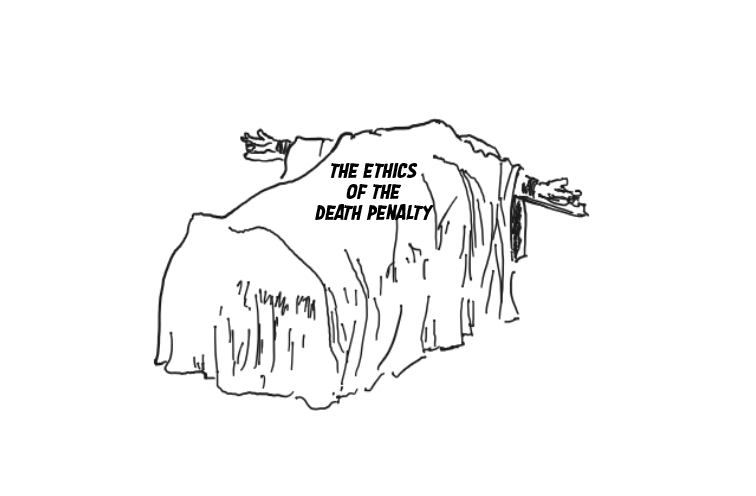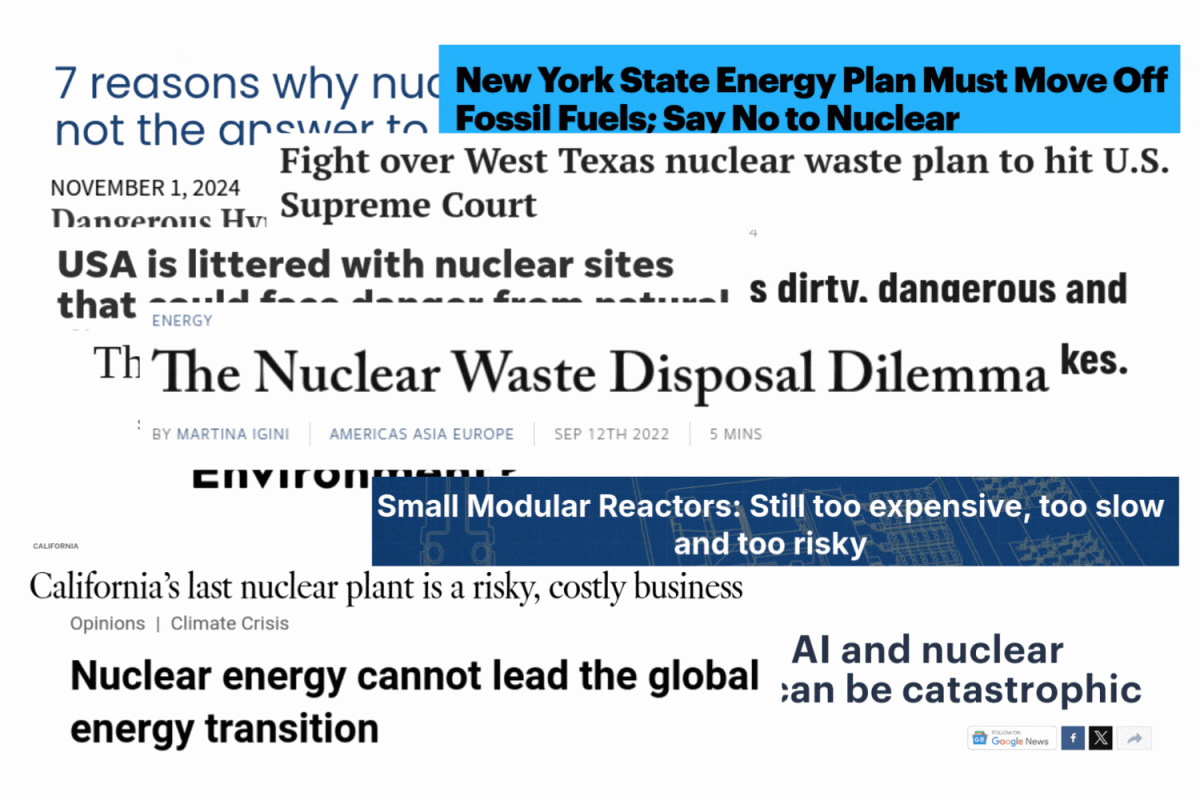Content warning: this article depicts certain graphic events that some may find triggering.
On the news, people heard about a case where a man would kidnap, rape, kill, and then decapitate young women. He would lure his victims by faking an injury or posing as an authoritative figure. When they approached him, he’d hit them over the head with a crowbar, rape them, then strangle them to death, and dispose of their body.
These horrific and unimaginable actions were that of the infamous Ted Bundy who had confessed to the murder of 36 women. On January 24, 1989, Bundy was executed in Florida’s electric chair.
There’s no doubt Bundy’s actions were utterly vile and inhumane but in many cases similar to Bundy’s, the question still presents itself: should any criminal, no matter their actions, receive the death penalty?
For the Death Penalty
Those in favor of the death penalty find that it’s the most effective and only way to prevent future murders. Ernest van den Haag, a Dutch sociologist, explains the necessity for the death penalty in his journal, “The Ultimate Punishment: A Defense.”
“We threaten punishments in order to deter crime. We impose them not only to make the threats credible but also as retribution (justice) for the crimes that were not deterred. Threats and punishments are necessary to deter and deterrence is a sufficient practical justification for them,” said Van den Haag.
Others argue that there are far less cruel and unusual punishments that produce the same effect as the death penalty, like life imprisonment. Van den Haag contends that all punishments are questionable but appropriate for the guilty criminal.
“Although penalties can be unwise, repulsive, or inappropriate, and those punished can be pitiable, in a sense the infliction of legal punishment on a guilty person cannot be unjust. By committing the crime, the criminal volunteered to assume the risk of receiving a legal punishment that he could have avoided by not committing the crime,” said Van den Haag. “Thus, the death penalty cannot be unjust to the guilty criminal.”
Against the Death Penalty
Most Americans take the stance of abolishing the death penalty for a variety of reasons. One of them being the cost. Despite popular belief, death row costs well over the amount that imprisonment does. Fox News reports that a death penalty trial costs around $1 million more than a case where prosecutors seek life without parole.
“It involves two trials, a trial to determine guilt and a trial to determine the sentence. And then there are required appeals as well as additional expenses to the prisons for maintaining the death row… So that’s another reason some states have factored in to getting rid of the death penalty instead of spending a lot of money on something that doesn’t bring much of any benefit to the state,” said Jeff Kirchmeier, a professor at CUNY School of Law.
Capital cases go through such a rigorous process due to the fact that the death penalty is such a permanent punishment and there is a risk of sentencing an innocent person to death. With new advances in science such as using DNA evidence, there have been a large number of people who were on death row but were innocent. According to the Death Penalty Information Center, since 1973, over 170 people have been wrongly convicted and sentenced to death in the U.S.
Along with the risk of killing an innocent person, many people are against the death penalty because of the evidence that shows arbitrariness and discrimination.
“Nationwide, there is a strong, pronounced race of victim effect. More than 80% of the people on death row killed someone that is white and the highest incidence of death sentencing is in cases involving white female victims and black male defendants. While a rare form of homicide, it has the highest death sentencing rate. This is almost certainly a lingering vestige of the Black Codes and Chattel slavery,” said John Blume, a professor at Cornell University.
Throughout America’s history, discriminatory ideals have been prevalent in all areas of its government and systems. It is especially seen in capital punishment with the unfair trial of the well-known Scottsboro boys and more recently, Nathaniel Woods. Despite the push for reform over the years, racism is still present in capital punishment, making the irreversible punishment much more dangerous.
The Value of Human Life
The death penalty also brings up the question of who’s life to value more. Many say that by not giving criminals who murder the death penalty, the government is devaluing the life of the victim and future victims.
“Sparing the lives of even a few prospective victims by deterring their murderers is more important than preserving the lives of convicted murderers because of the possibility… that executing them would not deter others,” Van den Haag said. “Whereas the life of the victims who might be saved are valuable, that of the murderer has only negative value, because of his crime. Surely the criminal law is meant to protect the lives of potential victims in preference to those of actual murderers.”
Others disagree saying that by not giving the death penalty to criminals who deserve it, the government sanctifies human life rather than cheapening it. In some cases, the family members of victims don’t want the death penalty for the criminal because of the disbelief that it brings justice. Studies also suggest that finding closure through execution is a myth.
The death penalty remains a controversial subject for many as it deals with the raw truth of human morality and the gambling of human life.
























Simon • Dec 28, 2020 at 3:45 pm
Lwop is an alternative to death penalty but Florida is setting a new precedent by releasing murderer Chico Forti. All criminals from abroad will use the same right so they can kill in the US and be free in their country. The lwop loses meaning so death penalty will be more used
Susan Schindler • Dec 28, 2020 at 3:08 pm
Van den Haag’s comment that capital punishment is the only way to prevent future crimes is false. Looking at the United States, for example, you see, that on average, states that use the death penalty have consistently higher murder rates than states which don’t use it. The death penalty is no more effective in this respect than life sentences. For people without a conscience, the fear of being caught is the best deterrent.
The death penalty does further two things- seeking revenge and retribution.